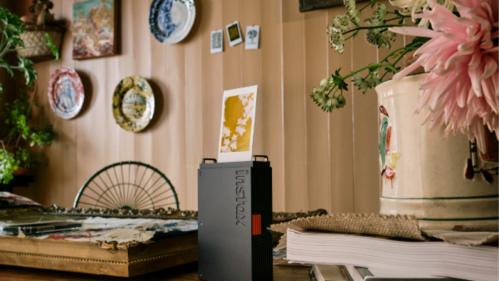Many toddlers aged 13 months have vocabularies of about three or four words. Don’t worry though if yours hasn’t – they’re probably in, what the experts call, the “passive” phase of language acquisition. This means that all the words and speech that he or she is hearing around her, is being stored away in their little brain to be used later. Even if they’re not talking yet, they are probably communicating with gestures, like holding his or her arms out to be picked up, and body language, like turning their head away if they don’t want something.
If your child likes talking, you can encourage them to try new words by labelling as many actions and objects as you can. Use your normal, adult voice, and clear, simple speech. Talk to them all the time – as you’re putting them into her car seat, tell them where you’re going. While in the grocery shop, talk about everything you are looking at, and items that you are buying. Even if they can’t respond to what you are saying to them, your child feels that they’re part of what is going on around them, and will want to talk to you more and more.
Of course, listening to your child is also important. While they are talking to you, keep eye contact with them, and, even if you don’t know what he or she is saying to you, respond with smiles and nods. This will encourage him or her to tell you more about what they’re trying to say to you.
Singing songs, especially those with gestures, such as “Itsy Bitsy Spider,” make speech a lot of fun and very interesting to your little one, with the added bonus of introducing her to music.
If your child likes talking, you can encourage them to try new words by labelling as many actions and objects as you can. Use your normal, adult voice, and clear, simple speech. Talk to them all the time – as you’re putting them into her car seat, tell them where you’re going. While in the grocery shop, talk about everything you are looking at, and items that you are buying. Even if they can’t respond to what you are saying to them, your child feels that they’re part of what is going on around them, and will want to talk to you more and more.
Of course, listening to your child is also important. While they are talking to you, keep eye contact with them, and, even if you don’t know what he or she is saying to you, respond with smiles and nods. This will encourage him or her to tell you more about what they’re trying to say to you.
Singing songs, especially those with gestures, such as “Itsy Bitsy Spider,” make speech a lot of fun and very interesting to your little one, with the added bonus of introducing her to music.






